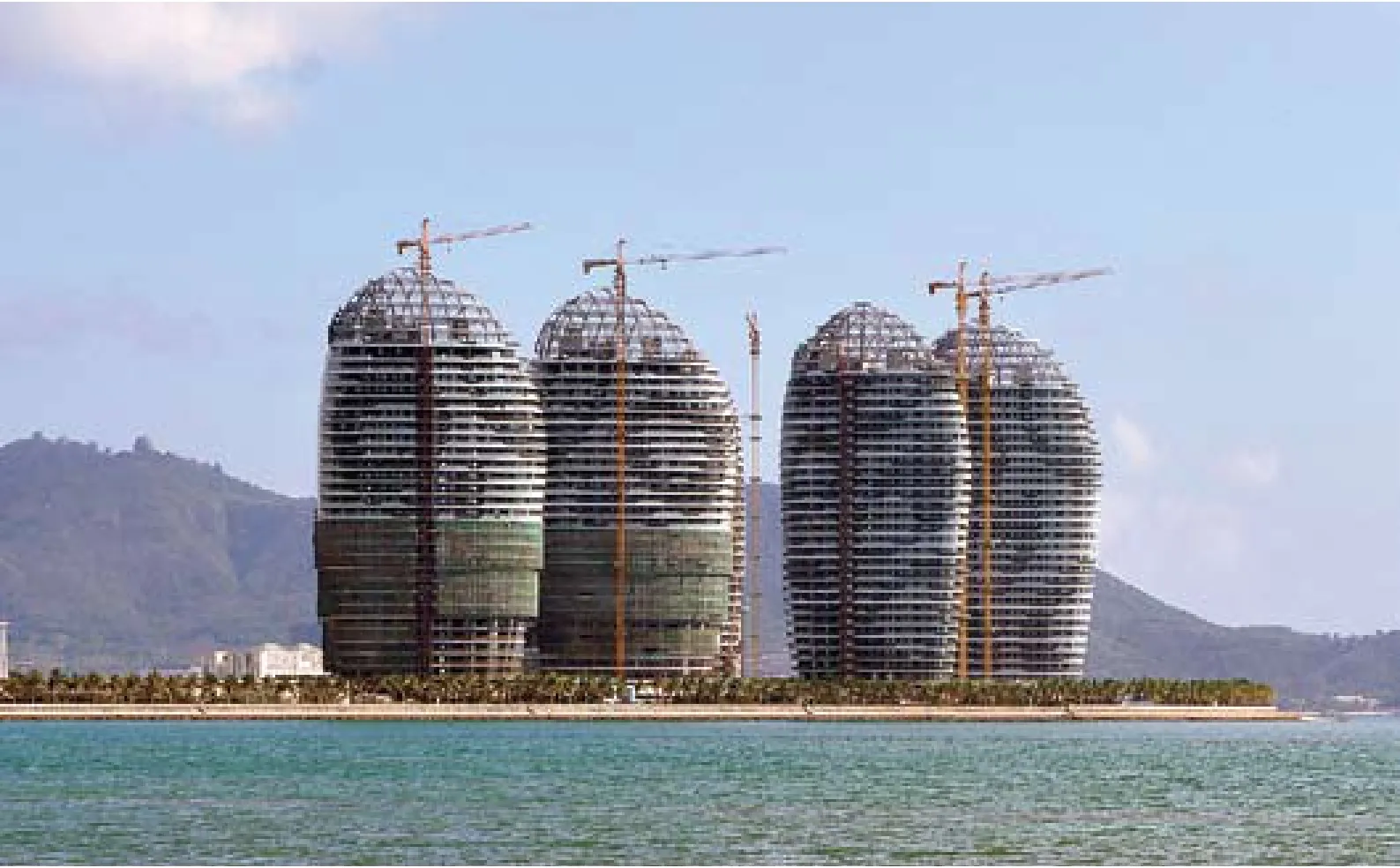WEEKLY WATCH
WEEKLY WATCH
OPINION
Exam Champions
With the announcement of the results of this year’s college entrance examinations, those with the top pass marks throughout China will again attract people’s attention for a certain period. While universities are eager to enhance their status by enrolling as many exam champions as possible, businesses are also trying to tap into their commercial value.
We all know there are many examinations in one’s lifetime. Doing well in one exam does not equate to a successful life. To overpraise champion students for one success may cause a young student to break down in the future. Statistics show from 1977 to 2008, of the more than 1,000 college entrance examination champions, none of them now leads their fields. They tend to underachieve.
When college days draw to an end, those exam champions will finally have to stand on the same starting line as other students, accepting the test of fierce competition. Whether they were college entrance examination champions or not no longer matters.
The society should treat exam champions as normal and not affect them with excessive praise or material benefit, or it will hereby hinder their growth.
Qianjiang Evening News
World Heritage
On June 24 the West Lake Cultural Landscape of Hangzhou successfully became inscribed on UNESCO’s World Heritage List as a cultural property. The Hangzhou Municipal Government has promised to continue to make the West Lake a free-ofcharge scenic spot. The government also said it would protect any cultural relics in the area and also prevent real estate development in the scenic area. We should applaud for Hangzhou government’s making such promises.
In recent years, China has been swept by the trend of “bidding for the World Heritage status.” In some places, it is actually a kind of profit-driven move. The result is, instead of being preserved, many cultural and historical relics are damaged to different levels in the process of developing local tourism.
Maybe because of lessons drawn from others, Hangzhou came up with its own principles to protect the West Lake scenic area. In this way, all people are able to share in the benefits of the successful application.
Hangzhou’s promises have brought forward to prominence once again the common sense that bidding for a world heritage listing is not a final goal and especially is not for the sake of further tourism-oriented development. It is a responsibility of protecting and passing down our culture and tradition. World heritage belongs to all of society.
Yanzhao Evening News
Cultural Life
A Sino-U.S. men’s basketball game was recently held in Yongcheng in central China’s Henan Province. Chinese Basketball Association officials and the players of both teams were surprised by the strong passion for basketball of the residents in this small county. The gymnasium accommodates 6,000 people, and all the tickets for the game were sold out. U.S. basketball players said after the match they felt like superstars. They spoke highly of local residents’ enthusiasm for the game, which they said they thought was similar to professional basketball audiences in the United States.
Two years ago, Yongcheng was listed among China’s top 100 counties. The residents there have just begun to enjoy relatively well-off lives and now show a greater demand for cultural life. In big cities like Beijing and Shanghai, big sports and entertainment events are common, but in small cities like Yongcheng, watching an international professional game live is a rare and precious opportunity.
This poses a problem: Why can’t we bring more of these events to small cities in the central and western parts of the country, where better cultural life is anticipated by people? There is wider room for cultural and sports industries’ development in these places and unexpectedly good economic and social effects will follow.
People’s Daily

STANDING ON SILT: Apartment buildings with sea views are under construction on the reclaimed land in Sanya, Hainan Province
Reclaimed Land
In the name of developing the ocean economy, coastal cities nowadays are expanding coastal areas by filling the sea with earth and most of the new land is being used for real estate development. The risk of overheated development of houses with sea views not only disturbs current property price control policies, but also poses threats to ecological balance, disaster relief and sustainable development of the regions.
This is undoubtedly a profit-driven movement. The cost of filling the sea for 1 mu (0.06 hectare) is 150,000 yuan ($23,077) to 200,000 yuan ($30,769), but local governments usually sell the coastal land to property developers at millions and even tens of millions of yuan a mu, and it is therefore an extremely lucrative business for local governments.
When a large number of people cluster along the coast, if natural disasters like earthquakes or tsunamis of any degree occur, they will incur serious consequences.
Generally speaking, houses can be built up on land reclaimed from the sea 20 to 30 years after reclamation. But in reality, many construction projects begin soon after the land has been reclaimed. This is very dangerous.
It’s not to say houses with sea views should be forbidden, but construction should be based on the overall sea development schemes and scientific planning, instead of being pushed forward blindly only for profit.
Guangzhou Daily

